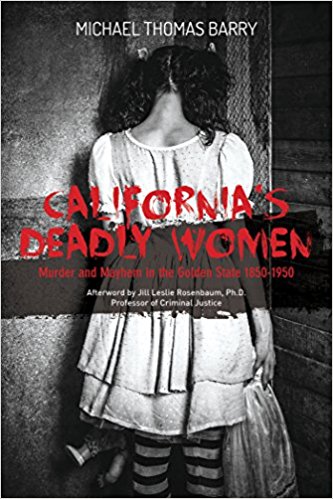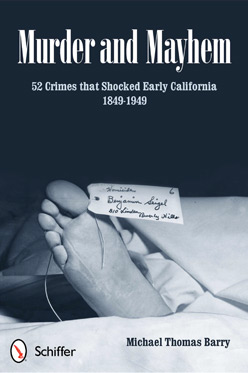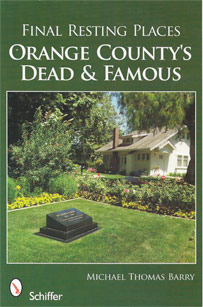09.30

On the early morning hours of September 30, 1888, serial killer Jack the Ripper claimed two victims in one night, Elizabeth Stride and Catherine Eddowes. Jack the Ripper is the name given to an unidentified serial killer who was active in the Whitechapel district of London in 1888.
The name originated in a letter, written by someone claiming to be the murderer that was disseminated in the media. The letter is widely believed to have been a hoax, and may have been written by a journalist in a deliberate attempt to heighten interest in the story. Attacks ascribed to the Ripper typically involved female prostitutes who lived and worked in the slums of London and whose throats were cut prior to abdominal mutilations. Extensive newspaper coverage bestowed widespread and enduring international notoriety on the Ripper.
Stride’s body was discovered at about 1 a.m., in Dutfield’s Yard, off Berner Street in Whitechapel. The cause of death was one clear-cut incision which severed the main artery on the left side of the neck. Witnesses who thought they saw Stride with a man earlier that night gave differing descriptions. Eddowes’ body was found in Mitre Square, in the City of London, three-quarters of an hour after Stride’s. The throat was severed, and the abdomen was ripped open by a long, deep, jagged wound. The left kidney and the major part of the uterus had been removed. These murders were later called the “double event.” Part of Eddowes’ bloodied apron was found at the entrance to a tenement in Goulston Street, Whitechapel. Some writing on the wall above the apron piece, seemed to implicate a Jew or Jews, but it was unclear whether the graffiti was written by the murderer as he dropped the apron piece, or merely incidental. Police Commissioner Charles Warren feared the graffiti might spark anti-Semitic riots, and ordered it washed away before dawn.
Michael Thomas Barry is a columnist for CrimeMagazine.com and is the author of Murder & Mayhem 52 Crimes that Shocked Early California 1849-1949.











